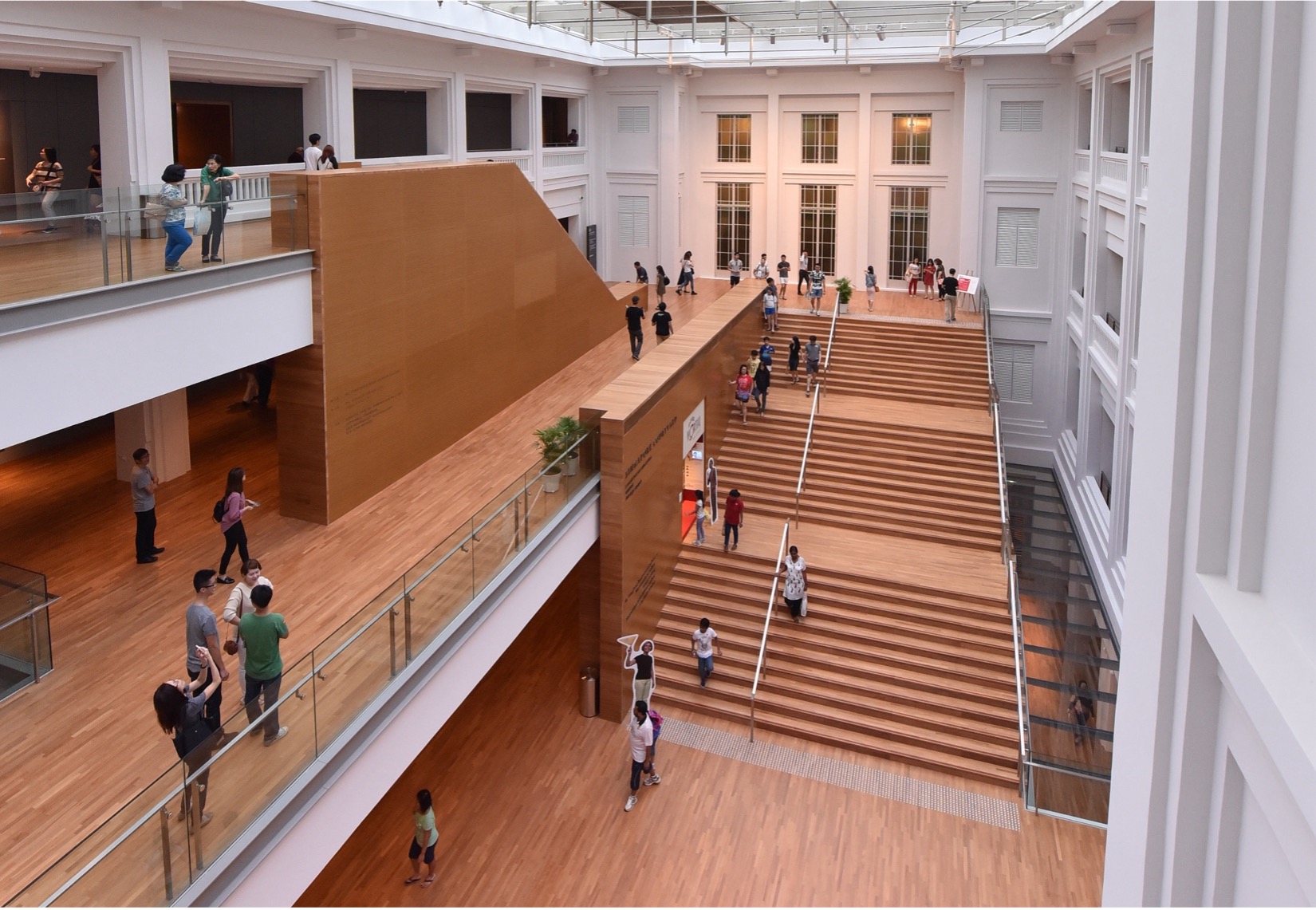Prevention through wellbeing could cost less than reactive treatment
The World Health Organisation’s Health Equity Status Report shows only 10% of the inequality found in health matters is due to the provision of health services. Income, living conditions and social capital account for 85% of the difference. These three factors are all components of wellbeing.
As we reflect on shortfalls in national health budgets globally, the Future Generations Commissioner of Wales, Sophie Howe has called for A Healthier Wales, with emphasis on prevention through wellbeing, as opposed to treatment of ill health. Howe’s vision is “A society in which people’s physical and mental well-being is maximised and in which choices and behaviours that benefit future health are understood.” She highlights the fact that over the past decade public spending on education fell by 11%, national parks by 29%, libraries by 38%, and culture and recreation by 45%. Not surprisingly, The Times reported in January rising ill health is costing the UK economy £150bn a year.
This is an interesting topic for discussion about the value of arts and culture for public health, and how it can contribute to preventative measures to reduce pressure on national health systems.
Prevention through wellbeing could cost less than reactive treatment
The World Health Organisation’s Health Equity Status Report shows only 10% of the inequality found in health matters is due to the provision of health services. Income, living conditions and social capital account for 85% of the difference. These three factors are all components of wellbeing.
As we reflect on shortfalls in national health budgets globally, the Future Generations Commissioner of Wales, Sophie Howe has called for A Healthier Wales, with emphasis on prevention through wellbeing, as opposed to treatment of ill health. Howe’s vision is “A society in which people’s physical and mental well-being is maximised and in which choices and behaviours that benefit future health are understood.” She highlights the fact that over the past decade public spending on education fell by 11%, national parks by 29%, libraries by 38%, and culture and recreation by 45%. Not surprisingly, The Times reported in January rising ill health is costing the UK economy £150bn a year.
This is an interesting topic for discussion about the value of arts and culture for public health, and how it can contribute to preventative measures to reduce pressure on national health systems.

Prevention through wellbeing could cost less than reactive treatment
The World Health Organisation’s Health Equity Status Report shows only 10% of the inequality found in health matters is due to the provision of health services. Income, living conditions and social capital account for 85% of the difference. These three factors are all components of wellbeing.
As we reflect on shortfalls in national health budgets globally, the Future Generations Commissioner of Wales, Sophie Howe has called for A Healthier Wales, with emphasis on prevention through wellbeing, as opposed to treatment of ill health. Howe’s vision is “A society in which people’s physical and mental well-being is maximised and in which choices and behaviours that benefit future health are understood.” She highlights the fact that over the past decade public spending on education fell by 11%, national parks by 29%, libraries by 38%, and culture and recreation by 45%. Not surprisingly, The Times reported in January rising ill health is costing the UK economy £150bn a year.
This is an interesting topic for discussion about the value of arts and culture for public health, and how it can contribute to preventative measures to reduce pressure on national health systems.






